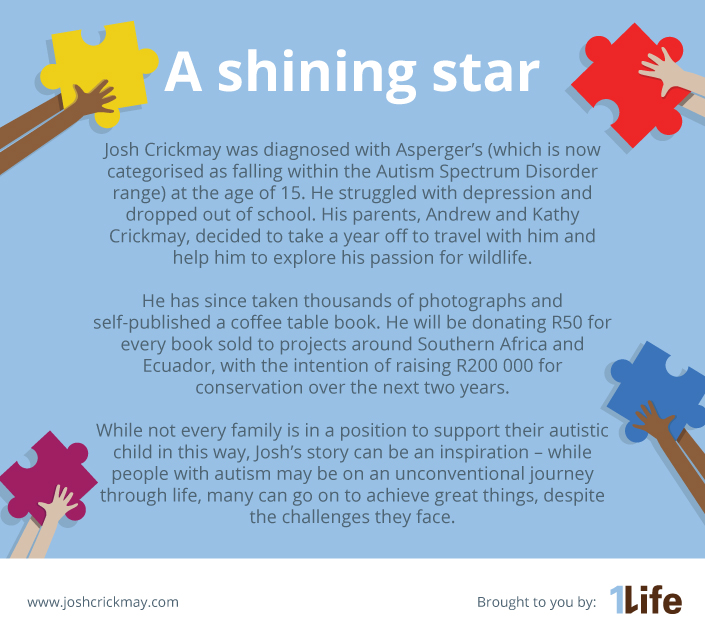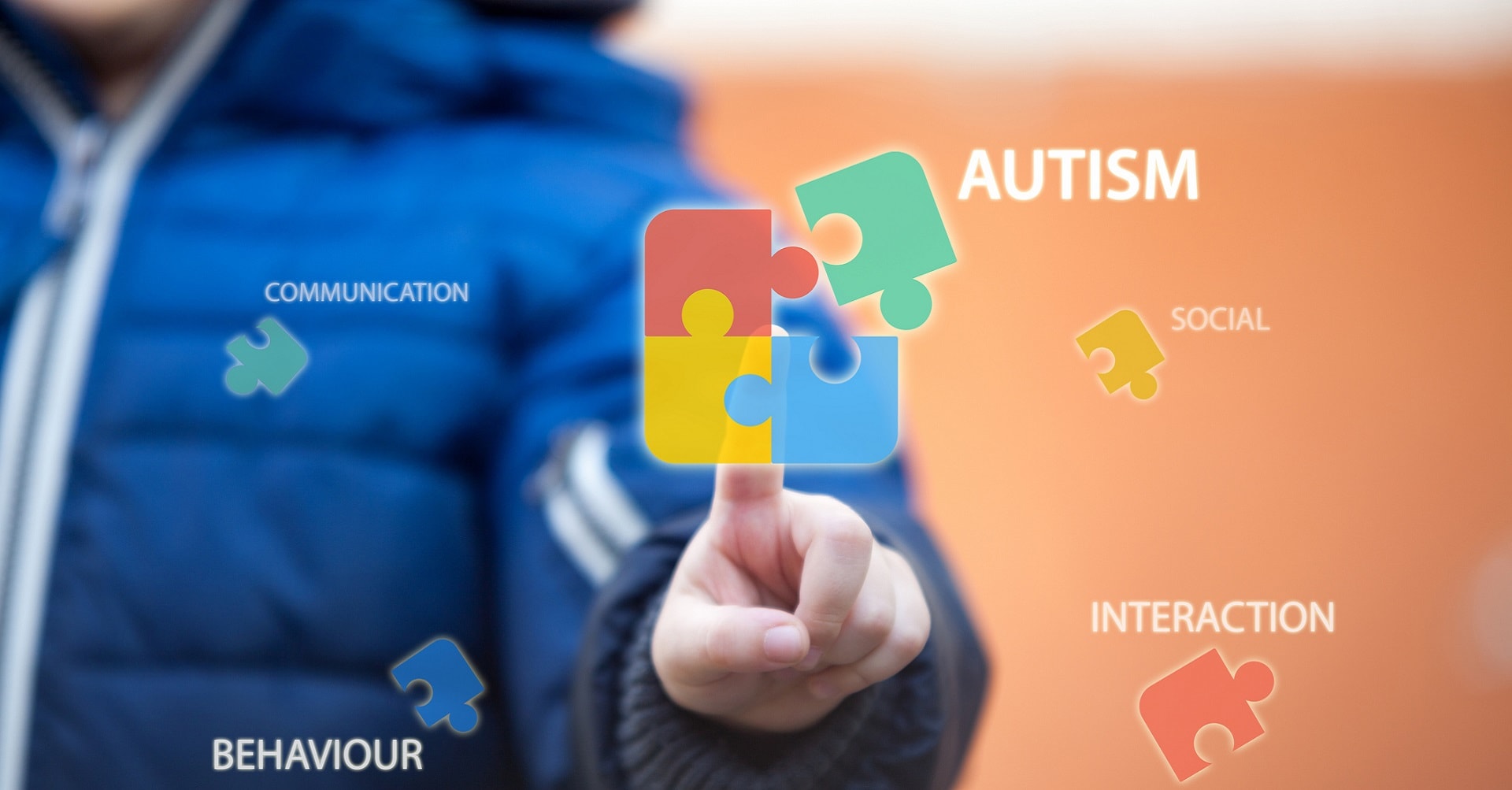With autism diagnoses on the rise and this condition being so prevalent in the media, parents are worried. How can you know if your child might have this condition? Autism can be tricky to diagnose, particularly in very young children, but there are signs that you can look for. Early diagnosis is important for getting the best treatment and outcomes, so we spoke to Autism South Africa to find out how to identify possible autism, and then what to do about the diagnosis.
What is autism? Vicky Lamb, Autism SA’s national education facilitator, explains that autism is a developmental disability. People with the condition may communicate, interact, behave and learn in ways that are different from most other people.
Vicky says it’s important to understand that autism is a spectrum, and that one child’s condition may be very different from another’s. The learning, thinking and problem-solving abilities of people with Autism Spectrum Disorder (ASD) can range widely. The disorder is broken down into three levels:
- Level 1 – a low-support-needs individual
- Level 2 – a moderate-support-needs individual
- Level 3 – a high-support-needs individual
“With an autistic child, it’s not always possible to determine their IQ, so we rather use these categorisations to define how we need to respond to their specific behaviours with support,” says Vicky.
The signs of autism There are many signs that could indicate autism, but each sign on its own does not suggest a problem, says Vicky. It could indicate another condition, like a different cognitive impairment or a hearing problem. As a starting point, assess whether your child has three or more of the following signs:
- A lack of verbal communication or a delay in speech
- Repetitive play or behaviour – doing the same activity over and over again
- Rigid thinking – your child becomes unsettled or anxious without routine
- Extremes of happiness, anger or sadness
- Self-stimulation, like spinning, rocking or tapping their bodies
- Self-harming, like banging their head against a wall or biting themselves
- Difficulties with imaginative play – the child does not pretend that a block is a car
- Hypersensitivity to stimuli – they don’t like loud noises, or being touched or cuddled
- They appear not to hear sometimes, although they are clearly able to hear at other times
- Odd attachments to an object that isn’t a cuddly toy or blankie – for instance, a teaspoon
- Playing alone (although many children don’t play WITH others until the age of three, the autistic child doesn’t interact at all)
- Limited or no eye contact
- No fear of danger
“A lot of these can be normal toddler behaviours, so it’s important to look closely at the specific behaviour or at the number of other behaviours the child exhibits,” says Vicky.
What to do next If you do notice a group of autism-associated behaviours, she suggests visiting your GP, paediatrician or local clinic or hospital with a list of your concerns. If they are unable to help your child, they will refer you to a developmental paediatrician or a paediatric neurologist for further assessment and testing.
If your child is autistic, the treatment will depend on your child’s specific conditions. An occupational therapist, physiotherapist, speech therapist or child psychologist might be recommended.
You will also need to identify what kind of support your child will need academically. Most children with autism will need to attend a school or facility that offers specific support for their developmental needs. The Department of Education has a number of schools for children with special needs, including autism.
“Once your child has been assessed and diagnosed, visit your local education district and apply for an autism specific school. They will assess your child and place them in the appropriate school based on that. Some of these schools even take children from the age of three, because of the importance of early intervention,” Vicky says.
There are also private schools that offer autism support from preschool years.
Contact Autism South Africa or Autism Western Cape for referral to your district for a government school, or for a list of private schools for you to investigate.
Some autistic children may be able attend a mainstream school, but may need an educational facilitator, educational tools or certain accommodations to support their learning.
Vicky stresses that early intervention is crucial to making sure your child does their best, so don’t wait until primary school to “see how things work out”.
Many people with autism go on to have jobs and life partners and to lead fulfilling lives.
Living with autism While it is distressing to receive a diagnosis that means your child will face challenges in life, Vicky has some words of reassurance to offer. “Many people with autism go on to have jobs and life partners and to lead rewarding lives, and even those with high-support needs can experience joy and fulfilment,” she says. “Autism really isn’t all doom and gloom, especially with early intervention that can help with the management of the condition.”





